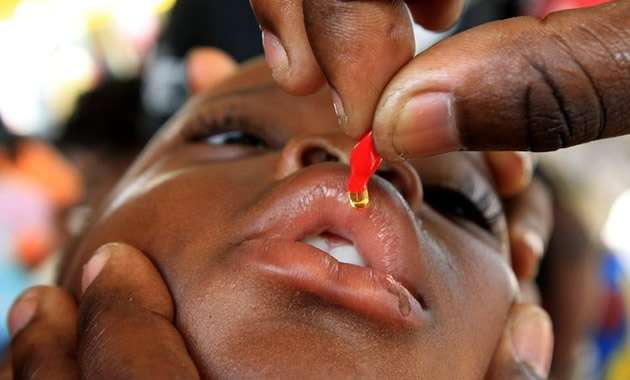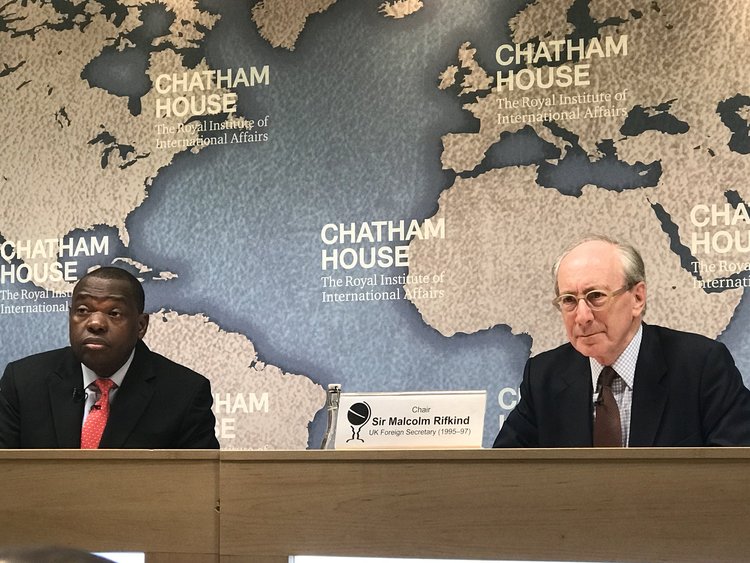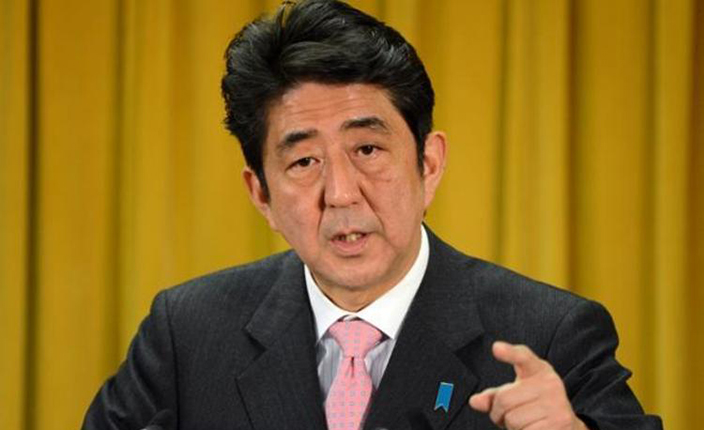Immunisation: Prevention is better than cure

Elizabeth Mupfumira Our Children, Our Future
Immunisation is one of the most cost-effective public health interventions to date, saving millions of lives and protecting countless children from illness and disability. It allows us to be proactive participants in the survival and well-being of our children.
Immunisation works! As we speak, the world is one step closer to becoming polio-free. As a result of immunisation, the world is closer than ever before to eradicating polio. Since 1988, 2.5 billion children have been vaccinated against polio, and the number of polio cases has fallen by more than 99 percent, reaching a record low of just 22 cases in 2017.
The measles vaccine prevented more than 20 million deaths between 2000 and 2016 alone; while maternal and neonatal tetanus, which has a fatality rate of 70-100 percent among newborns, has been eliminated in all but 15 countries.
Zimbabwe has been at the forefront of promoting immunisation for children since it’s attainment of Independence in 1980. Before that, vaccination programmes were restricted to the urban elite and children of school-going age were the main target, in spite of the fact that younger children are often more vulnerable to diseases.
In 1982, Zimbabwe launched the Expanded Programme on Immunisation, who’s aim was to make immunisation available to every child by 1990. Almost 80 percent of children below the age of one year were successfully vaccinated by the end of 1990 and WHO estimates that this prevented more than 80 000 deaths of under-fives every year.
True to this commitment, this week Zimbabwe is embarking on a nationwide immunisation drive as part of World Immunisation Week, to promote the use of vaccines to improve health and save lives.
Yet despite these efforts, immunisation has not yet realised its full potential. In 2016, 12,9 million infants – nearly one in 10 – did not receive any vaccination against deadly diseases such as diphtheria, tetanus and pertussis (whooping cough), and every year, an estimated 1,5 million children under five die from vaccine-preventable diseases. For example, in 2016, a quarter of all deaths among children under five were due to pneumonia, measles and diarrhoea; most of these deaths could have been prevented by vaccination.
Here in Zimbabwe, the uptake of Vitamin A supplementation is facing great challenges as many mothers, especially those living in hard to reach areas will not bother themselves by travelling many kilometres only for their child to be given a drop of the nutrient. They will only walk to the clinics if there is a scheduled vaccination. Seeing this challenge, the Ministry of Health, with partners, have now piloted Vitamin A supplementation through Village Health Workers removing the geographical barrier faced by many mothers.
There is still critical need to ensure that a sufficient number of people in a given community are vaccinated to reduce the risk of disease and deadly outbreaks. For example, by customising immunisation services to meet the needs of religious objectors we can ensure increased immunisation in the country. Increased outreach and surveillance activities have aided the immunisation programme, especially through community mobilisation using Village Health Workers to boost coverage.
Additionally, the use of technology such as mobile phones to disseminate messages on immunisation is further yielding positive results. Through mobile technology village health workers are able to track mothers’ immunisation schedules and enter them into a database to allow health professionals to monitor adherence. This allows clinics to follow up on children within their communities. Additionally, with national mobile penetration rates at 105 percent, SMS messages are reaching the previously hard to reach populations.
Africa has made several gains beyond increasing reach of immunisation; some diseases, polio for example, have been eliminated through wide-scale immunisation programmes. Vaccines are available in public vaccination programmes in the vast majority of countries, thanks to sustained political will, international support and innovative public/private partnerships.
Ensuring equity and coverage across the continent and within countries requires sustained effort and resources. As Africa grows economically and actively finance vaccines and immunisation programmes children and entire economies benefit.
Fully immunised children have a better chance of living up to their full potential, both intellectually and physically. And, by investing in immunisation, Africa can make a lasting contribution to the Sustainable Development Goals. These efforts will also advance the health and development commitments of leaders and governments and allow children and adults to lead productive, prosperous, and healthy lives.
Elizabeth Mupfumira is a communications specialist at UNICEF Zimbabwe









Comments